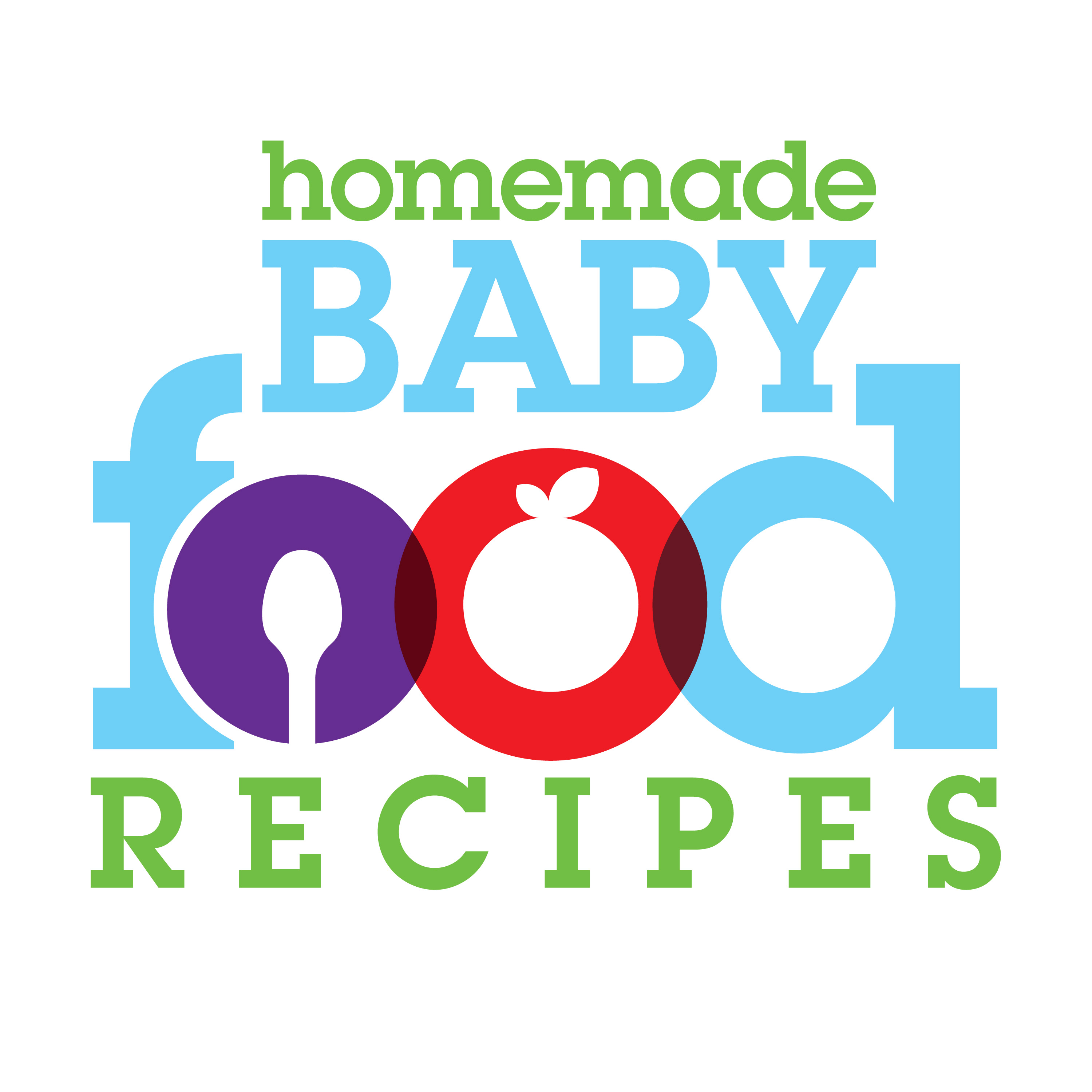You may have heard this week that the American Academy of Pediatrics has revised and extended its 1999 policy statement regrding the iron intake of babies and toddlers under 3 years of age.
Making sure that your baby receives adequate iron is extremely important. Iron is essential for the healthy development of the brain and is also needed to make hemoglobin in the blood. Iron deficiency – which is a problem in the United States and elsewhere – can lead to anemia, long term behavioural problems and an impaired ability to learn.
The aim of the guidelines just released in the clinical report “Diagnosis and Prevention of Iron Deficiency and Iron Deficiency Anemia in Infants and Young Children (0-3 Years of Age)” is to increase the amount of iron consumed by babies and young children and to improve the methods currently used to screen for iron deficiency.
How Much Iron Your Baby Needs – AAP Recommendations
Here we’ve summarized the recommendations made in the AAP report to help you ensure that YOUR little one is receiving the iron he needs.
Premature/preterm babies
The guidelines state that babies born before 3 weeks gestation should receive 2mg/kg supplemental iron per day from age 1 month if they are breastfed, right up to the point that they begin to receive this amount from solid foods.
No ‘blanket’ recommendation for formula-fed preterm babies was given, as those who receive a standard iron-fortified formula should receive adequate iron. However, the report states that around 14% of preterm babies develop iron deficiency between 4 to 8 months of age, so they may require supplementation.
The report also points out that preterm babies who received multiple transfusions whilst in hospital may not require any supplementation at all.
According to the report, the additional iron requirements for some preterm babies can be given as medicinal iron or as iron-fortified complementary foods (when those foods are appropriate, of course).
Breastfed, full term babies
Although the AAP supports exclusive breastfeeding for a minimum of 4 months – and preferably 6 months – the report states that
“Exclusive breastfeeding for more than 6 months
has been associated with increased risk of IDA (iron deficiency anemia) at 9 months of age. Recommendations for exclusive breastfeeding for 6 months do not take into account infants who are born with lower-than-usual iron stores (low birth weight infants, infants of diabetic mothers), a condition that also has been linked to lower SF (serrum ferritin) concentrations at 9 months of age.
It went on to describe research that found that exclusively breastfed babies supplemented with iron between 1 and 6 months of age had
…higher Hb concentration and higher mean corpuscular
volume at 6 months of age than did their unsupplemented peers. Supplementation also resulted in better visual acuity and higher Bayley Psychomotor Developmental Indices at 13 months.
Therefore, the recommendation included in the report is that exclusively breastfed term babies receive iron supplementation of 1mg/kg per day from the age of 4 months, until iron-rich complementary foods are introduced.
The automatic and routine supplementation of exclusively breastfed babies, however, has long been a contentious issue, as we discuss here.
For babies receiving both breastmilk AND formula, the recommendation is that those who receive at least one half of their daily feedings as breastmilk and who are not eating iron-rich complementary foods should also receive supplementation of 1mg/kg per day.
Formula fed babies
The report states that the iron needs of babies are met by standard formula, which contains the recommended level of 12mg/L, and the introduction of foods containing iron between 4 to 6 months of age.
Toddlers from 12 months to 3 years
The AAP’s recommendation for toddlers age 1 to 3 is that their iron needs are met by iron-rich foods rather than supplementation.
However, there ARE iron supplements available for children of this age, so it’s a good idea to speak to your doctor if your little one is something of a picky eater and you’re concerned that he is not receiving enough iron from his diet.
Iron rich foods
The iron needs for most babies can be met by offering a diet that includes a wide range of iron-rich foods.
The AAP’s report states that babies between 6 to 12 months of age require an intake of 11mg per day and that red meat and those veggies containing the most iron should be “introduced early”.
We have some suggestions for foods that are high in iron here. This page also contains some useful tips for increasing the amount of iron your little one obtains from these foods.
And if you’re concerned about including meat – one of the best sources of iron – in your baby’s diet, then you may also like to visit our page all about How and When to Introduce Meat to Baby.
Source:
Robert D. Baker, Frank R. Greer, and THE COMMITTEE ON NUTRITION
Clinical Report—Diagnosis and Prevention of Iron Deficiency and Iron-Deficiency Anemia in Infants and Young Children (0–3 Years of Age)
Pediatrics 2010 : peds.2010-2576v1-peds.2010-2576.
Other pages of interest…
Introducing solids to your breastfed baby
Introducing solids to your premature baby
